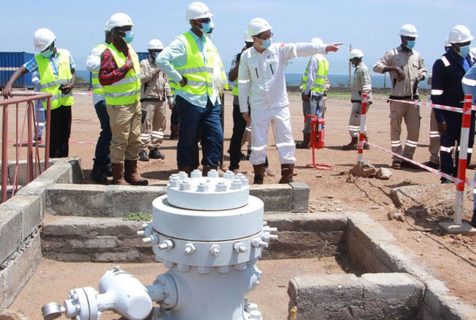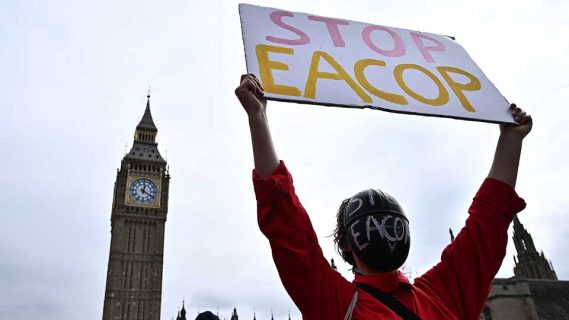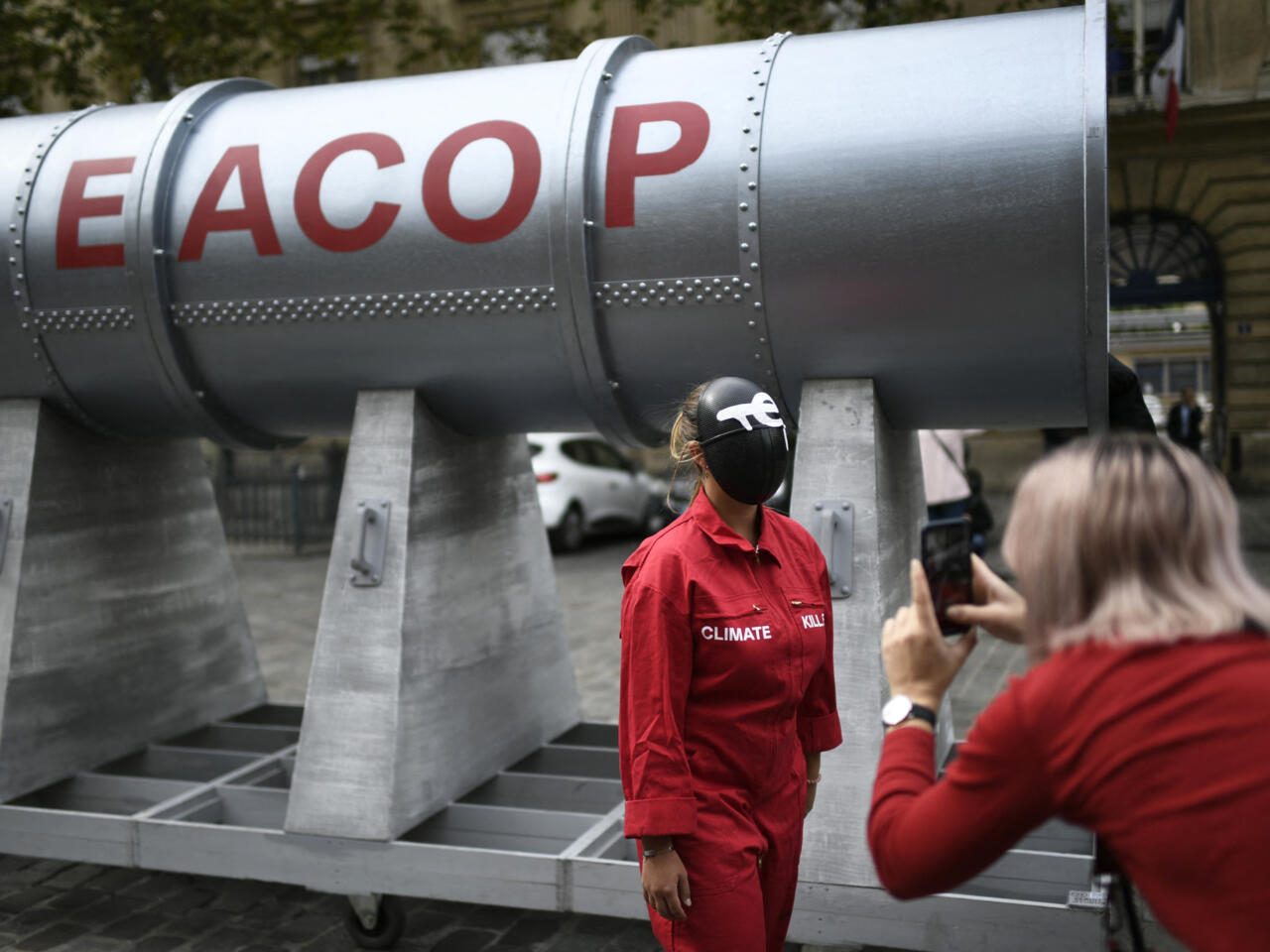The developers of the EACOP which shall be transporting crude oil from the oilfields located in the western part of Uganda to the port of Tanga located in Tanzania are jittery as they carry out the negotiations of the final push of EACOP Debt Financing in order to complete a rigorous process that the Chinese funders have put before coming to a decision whether to or not bankroll the project.
Upon completion EACOP will become the longest heated pipeline in the world. According to the industry sources, however, state that the funders have only been left with six months to come up with the final decision on EACOP Debt Financing, as they conduct the possible blow-back in case they agree to fund the project that has drawn criticism from both local and international levels that term it as a business risk.
EACOP Debt Financing Funders
Currently $2 billion has been sourced by the shareholders of the EACOP, and are now seeking an additional $3 billion in order to cover the debt financing , which is expected to come from China Export & Credit Insurance Corporation (Sinosure) and the China Export Import Bank.The officials based in Kampala revealed that the shareholders have facilitated due diligence that the financiers inquired and are now trying to sign a number of agreements that need to be reached by the end of April, which will unlock the EACOP Debt Financing funds from China.

Also read: East African Crude Oil Pipeline (EACOP) Above Ground Installations Commence
In the previous year, the Permanent Secretary of Uganda, Irene Batebe, told China South Morning Post that the shareholders of EACOP had reached a deal with both Sinosure and Exim Bank, and the EACOP project was poised for the financial close of $3billion that will be utilized for the debt financing of the project in October 2023.
Activists Challenge EACOP Project
Unfortunately, a number of activists rose against the EACOP which eventually prompted both Sinosure and Exim Bank to slow down the funding process. “The financial closure couldn’t happen last October as a result of the lengthy internal processes that we were taken through by Sinosure,”Philip Obita who is currently the acting chief executive of the Uganda National Oil revealed to the East African. Additionally, he mentioned that EACOP has by now closed due diligence, as requested by the funders, which were inclusive of both the environmental and social governance issues, source of income for the pipeline project, and why the project has drawn a lot of internal and external interests.

Activists have argued that the pipeline crosses major rivers, swamps, wetlands, and a number of forest reserves thereby posing a big threat to both environmental and aquatic life. Furthermore, a population of 12,000 have not yet received compensation for their lands that was taken up to enable the implementation of the EACOP project.
On the sidelines of Africa Energy Week that was held in Cape Town in the month of October last year, the minister of Energy of Uganda, Ruth Nankabirwa gave a hint on the slow pace on closing the financial deal being a big concern, as the co-funders from the Chinese side were not moving with the same pace as the shareholders of the project. She said that Sinosure had made a suggestion of making its final announcement by June, which is posed to be too late keeping in mind that the civil works of the EACOP are currently ongoing.
Also read: TotalEnergies to Conduct Assessment on EACOP Land Acquisition in Uganda and Tanzania
Funding Needed for the EACOP Debt Financing
“Currently, we need approximately $3 billion to seal the funding of the EACOP and the more we delay, the higher the likelihood of the project getting even more expensive,” she added. As fears continue to pile that these issues could eventually force Sinosure to recoil, analysts have claimed that this could see TotalEnergies dig in their pockets so as to come up with funds for the debt financing. This would eventually lead to the French company push for bigger shares of the oil revenue as provided for by the Product Sharing Agreements (PSA), which will again entail another negotiation to be done on the sharing revenue pacts, which foreign media have reported to be currently ongoing.However, the director of Legal and Corporate Affairs of the Petroleum Authority of Uganda, dismissed the claims that Uganda is in talks of revising the PSAs.
The EACOP project is funded on 60% debt and 40% equity split among the shareholders. Its debt is estimated at $3 billion, according to TotalEnergies records that were obtained from a meeting held in 2023.
Also read: East African Crude Oil Pipeline (EACOP) Construction Works Underway in Uganda
